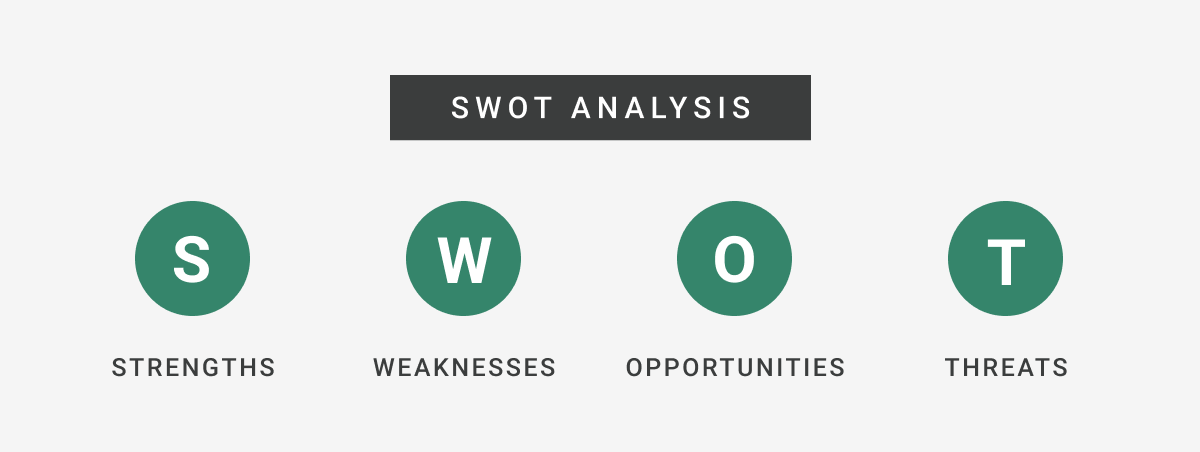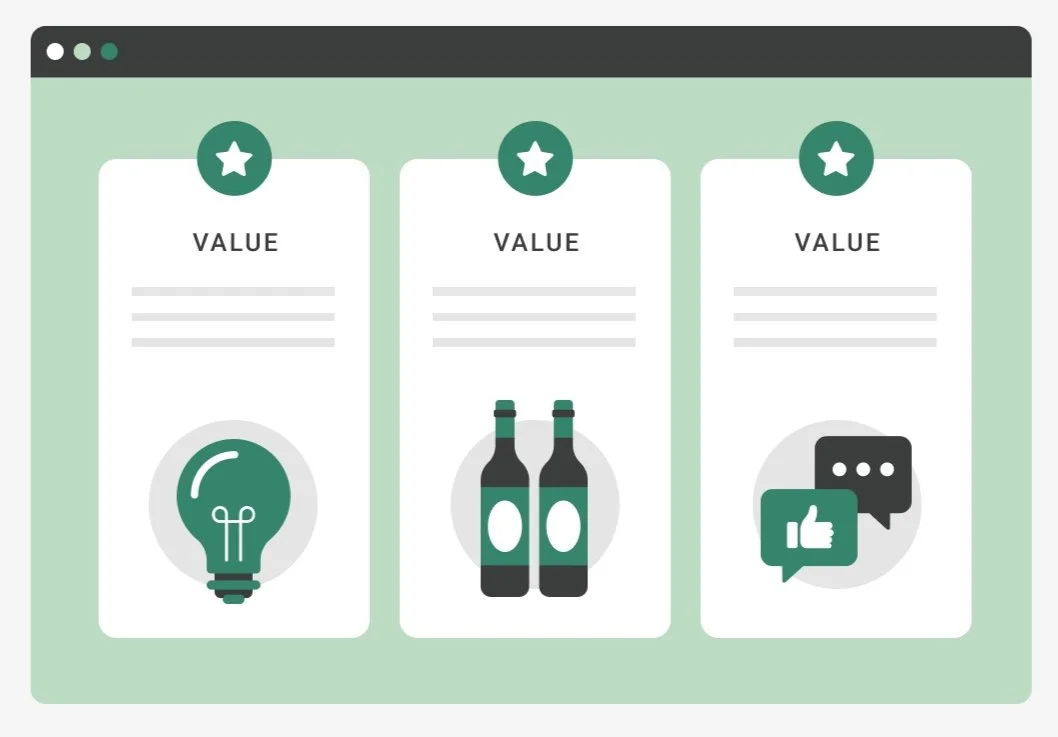How Your Winery Can Differentiate Itself
The wine industry is oversaturated and it has never been harder to stand out. In 2021 there were 11,053 registered wineries in the United States– that’s double since 2009. Now more than ever, wineries need to differentiate themselves from the competition.
Creative Wine Marketing
Everyone is selling the same thing: wine in a bottle. Sure, quality does vary, but I strongly believe quality does not have a correlation to brand growth. Afterall, quality is subjective.
Marketing sells wine, plain and simple.
The key to effective marketing is brand differentiation. There are many exercises you can do to figure out how to differentiate your brand. A SWOT Analysis of strengths, weaknesses, opportunities, and threats is a good start. When doing this exercise, you need to be self-critical and ask yourself if your neighbor could also claim the same answers.
The problem is that most wine marketing makes the same claims. Saying you are “family owned” or having 92 points from Wine Enthusiast is no longer a point of differentiation in the wine industry. I’m sorry to say that and by no means am I trying to diminish the accomplishments of the amazing entrepreneurs in this industry.
To truly stand out you need to dig deeper into your brand’s soul, get creative, and determine how you can be unique.
You Need A Value Stack
Browse the website of most modern consumer brands and you will find a value stack. It’s usually three or four short statements and a graphic. The goal of a value stack is to communicate your unique value propositions to your customers succinctly.
If you cannot answer for yourself why your brand is different from and better than your competitors, how do you expect your customer to?
Take a look at these examples from some of my favorite brands including Peloton, Allbirds, Marine Layer, and Magic Spoon:
Pretty inspiring, right? These brands have found a way to stand out in equally saturated industries and you can too!
How to Brainstorm
Take your SWOT analysis from above and start to find common themes among your ideas. Maybe you want to focus on your sustainability efforts, your winemaker, or your unique varietals in your region.
Once you identify your key brand themes, how can you double down on them? If you want to center your brand around sustainability, how can you create a program that authentically embraces these values and invites your customers to participate? Simply saying “we’re certified organic” does not differentiate you enough. Go deeper and be more creative.
When developing your unique value propositions, remember to think about how they relate to both customers visiting your winery and customers enjoying your wines at home. If all of your differentiators involve flying across the country to visit your winery, this will limit your reach.
Communicate Your Value Propositions
It is important you can clearly communicate your value propositions so the average customer can understand them. Don’t fall victim to the “curse of knowledge” by using very technical terms or wine geek concepts. Boil it down into simple language.
Review your website’s homepage and find a prominent place where you can display your value stack. We suggest using photos or graphics to illustrate each point.
Think about all of your different marketing channels and find ways to communicate your value stack. Add it to your bio on Instagram, use it as the copy of a digital ad, print it on the custom box for your wine club shipment, and include it on your back label. Do not worry about feeling repetitive- that’s the point of marketing!
Need Guidance?
Do you understand the importance of having a value stack, but aren’t sure where to start? Our team offers private workshops where you work one on one with our team of wine marketers to develop a value stack amongst other key messaging components.
We’ve worked with wineries of variouses sizes and scales from small startups to large multi-generational brands. Regardless of the business model, they all benefitfited from differentiating themselves. Click here to learn more about our brand workshop.
Simon Solis-Cohen is the founder of Highway 29 Creative, a leading digital and creative agency serving the wine industry. He challenges clients to think about the future and constantly innovate. The agency chases data, not fads, and provides one-stop shopping for wineries looking to enter or jolt their direct to consumer sales. Their approach starts by designing and building a website focused on conversion (wine sales, club sign ups & tasting room reservations) and then dives into each digital channel with consistent and effective content and messaging. What to learn more or looking for advice? Shoot Simon a message at simon@hwy29creative.com.




